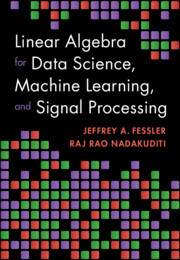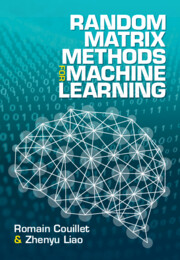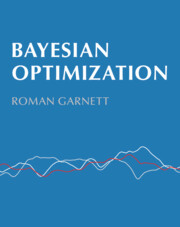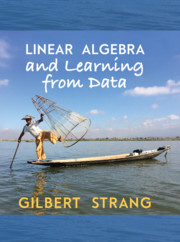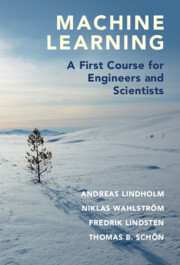Linear Algebra for Data Science, Machine Learning, and Signal Processing
Maximise student engagement and understanding of matrix methods in data-driven applications with this modern teaching package. Students are introduced to matrices in two preliminary chapters, before progressing to advanced topics such as the nuclear norm, proximal operators and convex optimization. Highlighted applications include low-rank approximation, matrix completion, subspace learning, logistic regression for binary classification, robust PCA, dimensionality reduction and Procrustes problems. Extensively classroom-tested, the book includes over 200 multiple-choice questions suitable for in-class interactive learning or quizzes, as well as homework exercises (with solutions available for instructors). It encourages active learning with engaging 'explore' questions, with answers at the back of each chapter, and Julia code examples to demonstrate how the mathematics is actually used in practice. A suite of computational notebooks offers a hands-on learning experience for students. This is a perfect textbook for upper-level undergraduates and first-year graduate students who have taken a prior course in linear algebra basics.
- Engages students with interesting applications in data science, machine learning and signal processing
- Encourages active learning with over 100 engaging 'explore' problems, with answers at the back of each chapter
- Contains over 200 questions suitable for in-class interactive learning or quizzes, developed and used in the authors' own courses
- Provides numerous Julia code examples and a suite of computational notebook demos offering a hands-on learning experience for students
Reviews & endorsements
'The authors provide a comprehensive contemporary presentation of linear algebra, demonstrating its foundational and intrinsic value to modern subjects, such as machine/deep learning, data science, and signal processing. The presentation is fun, exciting, topic-diverse, classroom tested, and addresses practical implementation in ways that jump start students' use.' Christ D. Richmond, Duke University
'This is an excellent and timely text that addresses the specific needs of data science (DS), machine learning (ML), and signal processing (SP). Its nicely crafted coverage is designed to prepare students in the areas of DS/ML/SP, in particular, by drawing thoughtful examples from these fields. With increasing demands from data-based sciences, there is a pressing need for a book in 'the new linear algebra,' and this text fills this gap.' Yousef Saad, University of Minnesota
'With the emergence of Graphics Processing Units (GPUs), the importance of linear algebra for machine learning cannot be overstated. This is a thoughtful and timely work on the topic of linear algebra for machine learning, which I anticipate will be one of the definitive textbooks in this field.' Vahid Tarokh, Duke University
'To see the spirit of this book, just look at pages 1 and 2. A painting is deblurred by linear algebra. Great ideas and how to use them in real time - all on display!' Gilbert Strang, Massachusetts Institute of Technology
Product details
No date availableHardback
9781009418140
450 pages
251 × 176 × 30 mm
0.93kg
Table of Contents
- 1. Getting started
- 2. Introduction to Matrices
- 3. Matrix factorization: eigendecomposition and SVD
- 4. Subspaces, rank and nearest-subspace classification
- 5. Linear least-squares regression and binary classification
- 6. Norms and Procrustes problems
- 7. Low-rank approximation and multidimensional scaling
- 8. Special matrices, Markov chains and PageRank
- 9. Optimization basics and logistic regression
- 10. Matrix completion and recommender systems
- 11. Neural network models
- 12. Random matrix theory, signal+ noise matrices, and phase transitions.

